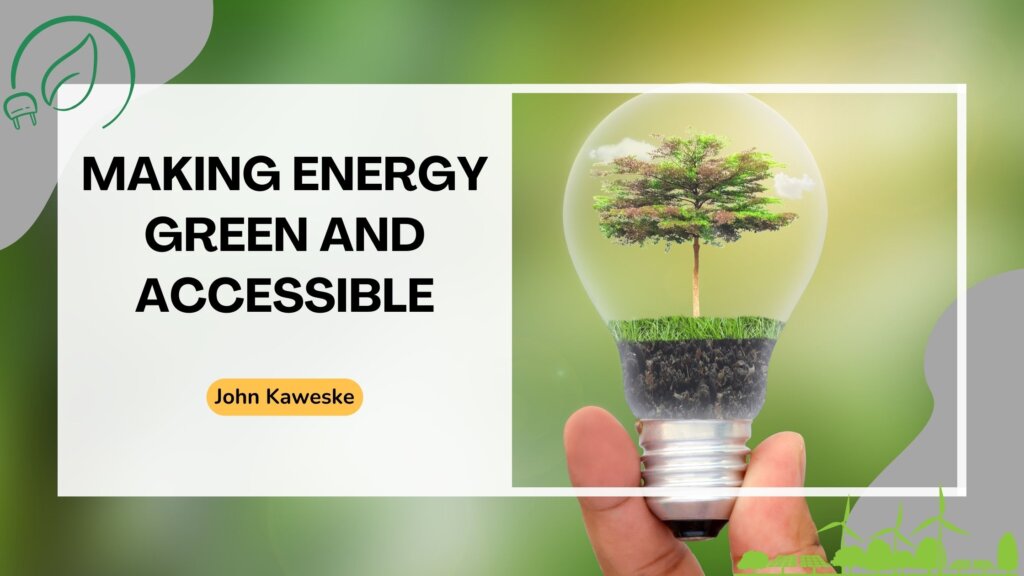Making energy green and accessible is a critical goal in addressing the global challenges of climate change, environmental degradation, and energy poverty. Transitioning to clean, renewable energy sources and ensuring equitable access to energy can lead to a more sustainable and inclusive future.
Here are some key strategies to make energy green and accessible:
Implementing Supportive Policies:
Governments play a crucial role in making energy green and accessible through the formulation of supportive policies and regulations. Policy incentives, such as feed-in tariffs, tax credits, and renewable energy targets, can encourage the adoption of green energy technologies and foster investment in the renewable energy sector.
Embracing Energy Efficiency:
Improving energy efficiency in all sectors, from buildings and transportation to industries and agriculture, is a way to reduce energy consumption and more. Energy-efficient technologies, smart grid systems, and demand-side management can optimize energy use and lower energy bills.
Decentralized and Off-Grid Solutions:
Access to green energy in remote and underserved areas can be expanded through decentralized energy systems and off-grid solutions.
Enhancing Grid Infrastructure:
Upgrading and modernizing power grids are essential for accommodating the integration of variable renewable energy sources. Grid infrastructure improvements can enhance energy transmission and distribution, stabilize the grid, and support two-way energy flows for distributed generation.
Fostering International Collaboration:
Global cooperation and partnerships are essential in advancing green energy and making it accessible. Knowledge sharing, technology transfer, and financial support from developed countries to developing nations can accelerate the adoption of renewable energy globally.
Addressing Energy Poverty:
Energy access is a fundamental human right. Efforts must be made to address energy poverty, where billions lack access to reliable and affordable energy services. Deploying decentralized renewable energy solutions in underserved communities can improve livelihoods, healthcare, education, and economic opportunities.
Promoting Awareness and Education:
Raising awareness about the benefits of green energy and educating communities about sustainable energy practices are crucial for fostering a culture of energy conservation and environmental stewardship.
Encouraging Corporate Sustainability:
Corporate entities can make energy green and accessible by adopting sustainable business practices, committing to renewable energy procurement, and reducing their carbon footprints.
Making energy green and accessible is a collective responsibility that requires collaboration between governments, businesses, communities, and individuals. Embracing renewable energy, promoting energy efficiency, upgrading grid infrastructure, and addressing energy poverty are all essential steps toward a more sustainable and equitable future. Working together can create a cleaner, greener, and more inclusive world for present and future generations.

